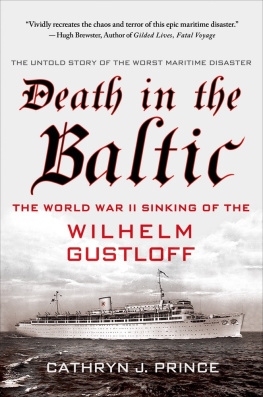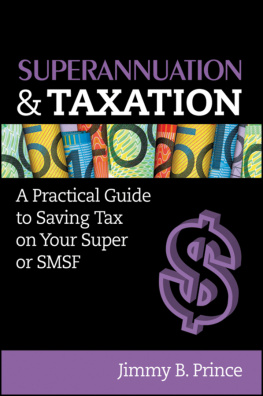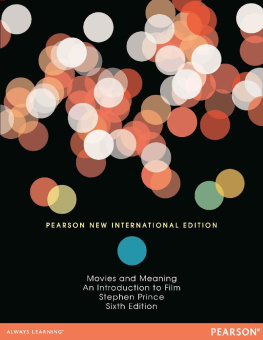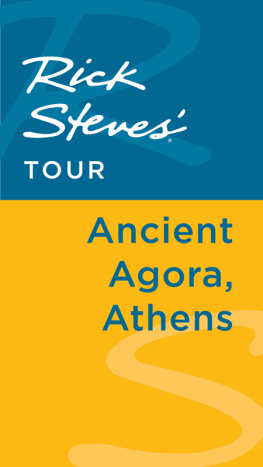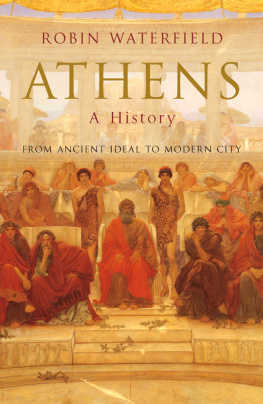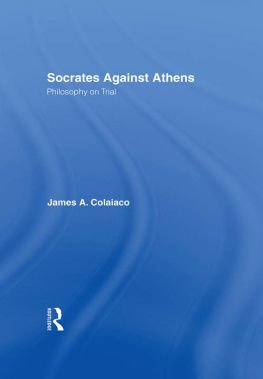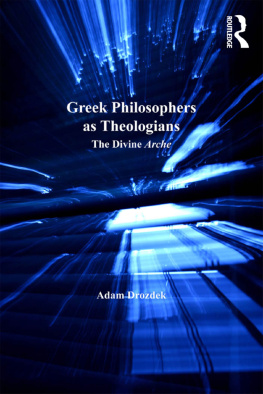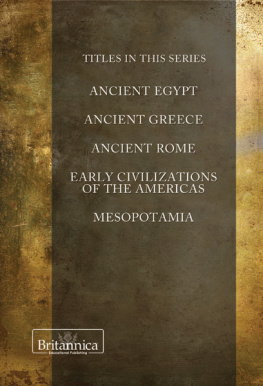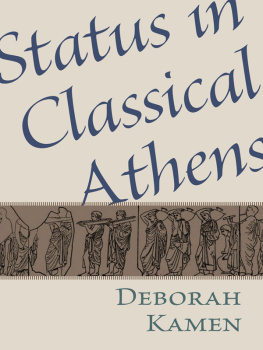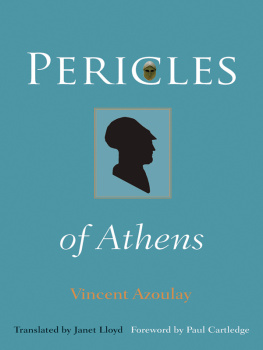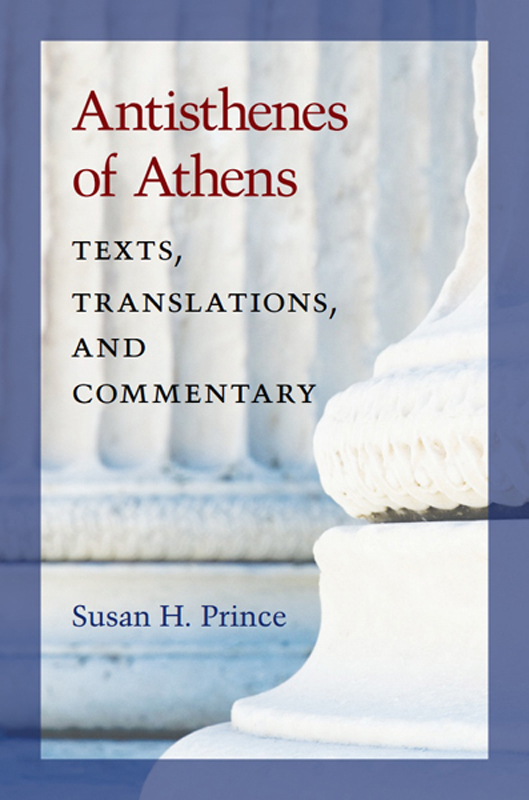
Antisthenes of Athens
Antisthenes of Athens
Texts, Translations, and Commentary
Susan Prince
University of Michigan Press
Ann Arbor
Copyright Susan H. Prince 2015
All rights reserved
This book may not be reproduced, in whole or in part, including illustrations, in any form (beyond that copying permitted by Sections 107 and 108 of the U.S. Copyright Law and except by reviewers for the public press), without written permission from the publisher.
Published in the United States of America by
University of Michigan Press
Manufactured in the United States of America
2018 2017 2016 2015 4 3 2 1
A CIP catalog record for this book is available from the British Library.
Library of Congress Cataloging-in-Publication Data
Prince, Susan Hukill.
Antisthenes of Athens : texts, translations, and commentary / Susan Prince.
pages cm
Includes bibliographical references and index.
ISBN 978-0-472-11934-9 (cloth : acid-free paper)
1. Antisthenes, approximately 445 B.C.approximately 360 B.C. 2. Philosophy, Ancient. 3. Cynics (Greek philosophy) I. Antisthenes, approximately 445 B.C.approximately 360 B.C. Works. Selections. English. II. Title.
B293.A34P75 2014
183'.2dc23
2014044069
It is my pleasure to thank the people who have helped me most in the formulation and completion of this book. Jim Porter directed the 1997 University of Michigan dissertation that represents my first attempt at Antisthenes. No follower of received opinion, Jim pointed to Antisthenes as a way of access into the world beyond Plato on questions of rhetoric and its various implications. From a basement in Naples, as I recall, he acquired for me a copy of the 1990 edition of Socratis et Socraticorum Reliquiae, which has been my working copy ever since. (I did pay him.) At many turns he has presented me with stimulating questions that have led to deeper levels of inquiry than I would have found myself. The other readers on my dissertation, Sara Ahbel-Rappe, Ann Ellis Hanson, Ruth Scodel, Ludwig Koenen, and Bruce Mannheim, helped the early development of this project, each in his or her own way. My persisting interest in Homer has been fundamentally shaped by Ruth, and Ludwigs insights on the and mythical tradition in general still come to mind many years later; Sara kept me sound on Antisthenes basic identity as a philosopher and solicited my contribution to her Blackwell Companion to Socrates; Ann has indirectly taught me about ancient medicine and remains my model for the generous scholarly mentor; Bruces anthropology course Language as Social Action helped me to sort out some of the many possible functions of logos. During my years at the University of Colorado, Boulder, Eckart Schtrumpf stood as a model for the philological scholar of philosophical texts, and my work with him on the fragments of Heraclides of Pontus was influential on the present edition. Colleagues at the University of Cincinnati supported my career in many respects. Kathryn Gutzwiller suggested that a commentary was the most promising form for the contribution I sought to make to scholarship on Antisthenes, which is revisionist, in some cases, at the textual level. The project in its current form would have been impossible without the immense resources of the Burnham Classical Library and its staff, especially Jacqueline Riley, Michael Braunlin, Cade Stevens, and the late David Ball. I thank Maria Pantelia and the Thesaurus Linguae Graecae for permission to copy and cite from its texts, to leave aside my gratitude for its very existence. I thank Dumbarton Oaks, and its librarians Deb Stewart and Linda Lott, for permission to use its collection in summer 2009. I thank the Semple Fund for financial support during the summers 200810 and 2012, the University of Cincinnatis University Research Council for support in summer 2011, and the Department of Classics and McMicken College of Arts and Sciences for a quarters release from teaching in fall 2009. Larry Jost of the Department of Philosophy at the University of Cincinnati allowed me to audit his seminar on Platos Theaetetus in fall 2010, and this was invaluable for extending my knowledge of that text, which must be related to Antisthenes in some way. Larry also introduced me to the Ohio Reading Group in Ancient Philosophy, whose members have helped me in the endeavor of sharpening my philosophical understanding. Mary Louise Gill kindly fielded unsolicited email inquiries with careful explanations and previews of unpublished work. David Blank pointed me to the latest editions of Philodemus. Ariana Traill, Jake MacPhail, and Cynthia Bannon invited me to their departments (at the University of Illinois, University of Michigan, and Indiana University) to speak on topics related to this book. I would like to acknowledge the teachers in ancient philosophy whose formal pupil I have been, always for periods too brief: Christopher Taylor and Jennifer Hornsby at Corpus Christi College, Oxford, and Alan Code and Sara Ahbel-Rappe at the University of Michigan. I am a scholar of language and literature and not a philosopher, but I hope that my philosophy teachers can hold favorable attitudes about the formative influences each has had on me. Ewen Bowie, my primary tutor at Corpus, made me a Hellenist and shaped my approaches to ancient literature, before either of us had thought much about Antisthenes. Helpful feedback on a previous version of this project was given by Marnia Pickens, David Wolfsdorf, Kathryn Gutzwiller, Ann Michelini, and Silvia Montiglio. Parts of this book were read by Karin Schlapbach, Carl Huffmann, Fred Miller, and two anonymous readers for the University of Michigan Press, whose insightful suggestions I acknowledge. I would like to thank Richard Janko for suggestions on text-critical issues and correction of many small errors. Michael Hanel helped with editing and compiling the indices, and John Wallrodt helped with computer-related matters. I thank Philip Bosman of the University of South Africa and Vladislav Suvk of the University of Preov for opportunities to submit synthetic papers on Antisthenes while this book was in press. Additional special thanks to Graham Zanker, Dee Clayman, Menahem Luz, Roger Greene, Jacklyn Gonzalez Martin, and Alphonse Gerhardstein. Thanks to the Louise Taft Semple Trustees for a special subvention supporting the pen-and-ink production of this book. In a work of this scope, there will remain errors small and large, and these are my errors. My family, especially my husband Matthew and my children Christopher, Elissa, and Julia, my mother Margaret and my brother Jamie, have been more than patient during the period of this books development. I could not get away with the fortunate life I am leading, with the blessing of three beautiful and lively children, without Matthews constant support and love, as well as many hours of single parenting. My deep thanks go to Ellen Bauerle of the University of Michigan Press, her assistant Alexa Ducsay, Mary Hashman, and the copyediting team for enabling the publication of this work. It is my honor to publish with Michigan, where my work on Antisthenes was first begun.
Contents
APF Athenian Propertied Families, by J. K. Davies (Oxford: Clarendon Press, 1971).
CAG Commentaria in Aristotelem Graeca (Berlin: G. Reimer, 18821909).
CP Classical Philology (Chicago: University of Chicago Press, 1906).
CPF Corpus dei Papiri Filosofici Greci e Latini, ed. F. Adorno (Florence: Olschki, 1989).
CronErc
Next page

